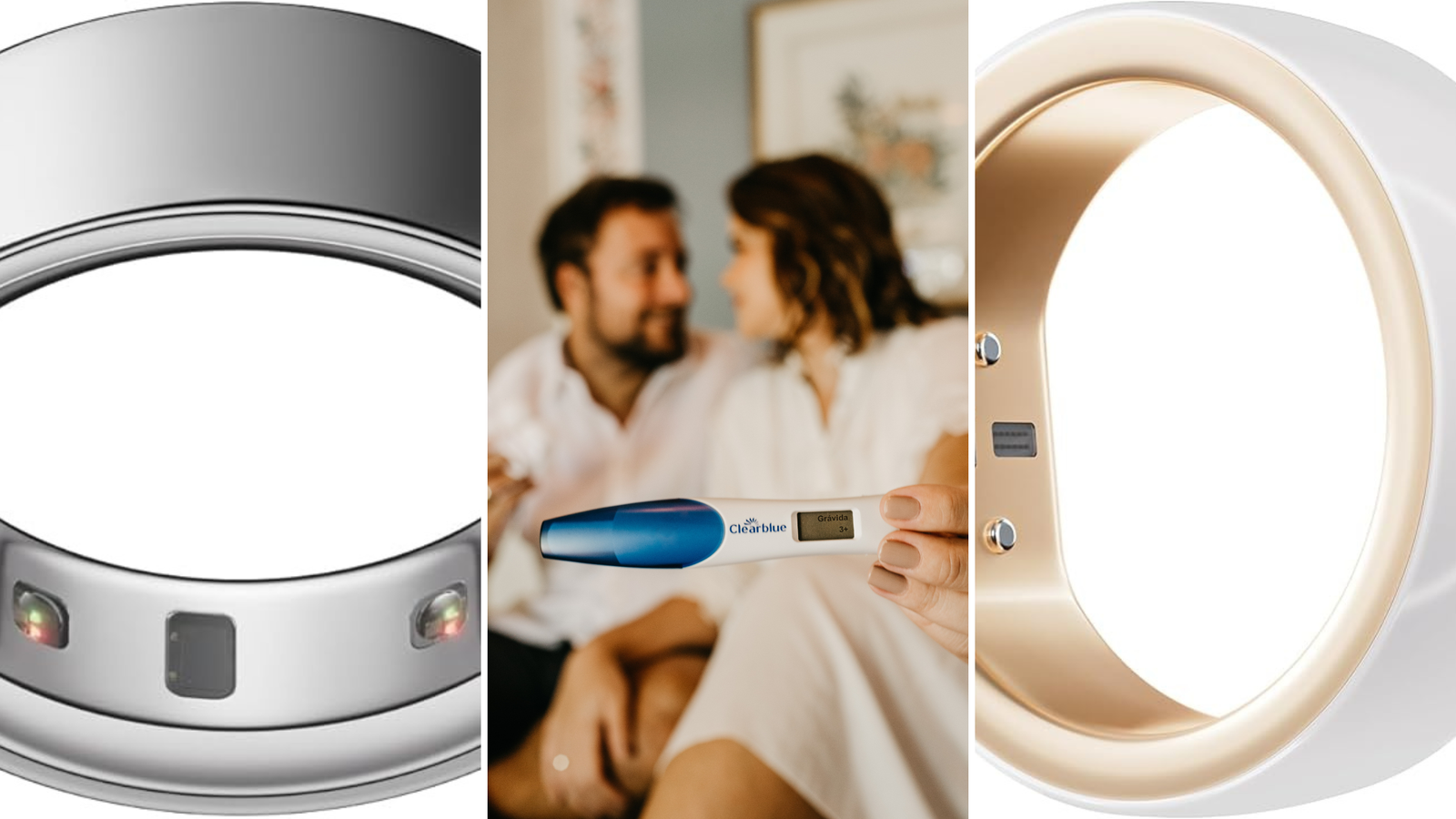Understanding ovulation and accurately predicting it can be crucial for those trying to conceive. Ovulation calculators are popular tools, but how reliable are they? Let’s delve into the accuracy of ovulation calculators by answering some key questions.
Read also: Can I calculate my ovulation date exactly?
1. Can I Trust an Ovulation Calculator?
Ovulation calculators can provide a helpful estimate, but they are not foolproof. They typically rely on average cycle lengths and data from previous menstrual cycles.
Since individual cycles can vary, an ovulation calculator gives a general window rather than a precise date.
For many women, these tools are a good starting point for tracking fertility, but they should be used in conjunction with other methods for greater accuracy.
You can learn more from this study.
Also read: How Track Ovulation Without An App
2. What is the Most Accurate Prediction of Ovulation?
The most accurate predictions of ovulation come from methods that track hormonal changes or physiological signs, such as:
- Ovulation Predictor Kits (OPKs): Detect the surge in luteinizing hormone (LH) that precedes ovulation.
- Ultrasound Monitoring: Used in clinical settings to observe follicle development.
- Hormone Blood Tests: Measure hormone levels to confirm ovulation.
Using these methods alongside an ovulation calculator can enhance accuracy by providing a broader picture of your fertility window.
3. How Do You Calculate Ovulation Perfectly?
Calculating ovulation perfectly is challenging due to natural cycle variability. However, combining multiple methods increases accuracy:
- Track Menstrual Cycle: Use an ovulation calculator to estimate fertile days based on your cycle length.
- Monitor Basal Body Temperature (BBT): A slight rise in BBT indicates ovulation has occurred.
- Observe Cervical Mucus: Fertile mucus is clear, stretchy, and egg-white in consistency.
- Use OPKs: Identify the LH surge signaling imminent ovulation.
4. What is a Good Ovulation Number to Get Pregnant?
A “good” ovulation number isn’t about a specific number but about timing. The most fertile period is typically the five days leading up to ovulation and the day of ovulation itself. Having intercourse during this fertile window increases the chances of conception.
5. How Do You Confirm Successful Ovulation?
You can confirm successful ovulation through:
- BBT Charting: A sustained temperature rise post-ovulation.
- Progesterone Blood Test: High levels of progesterone indicate ovulation.
- Ultrasound: Follicle rupture can be observed in a clinical setting.
- Ovulation Pain: Some women experience mild abdominal pain during ovulation.
Learn more from here. You can also check this study for more details.
6. How to Track Ovulation to Get Pregnant?
To track ovulation effectively:
- Use an Ovulation Calculator: Start by estimating your fertile window based on cycle length.
- Monitor Cervical Mucus: Look for changes indicating fertility.
- Use OPKs: Test for LH surge.
- Track BBT: Observe temperature patterns.
- Record Symptoms: Note any ovulation pain or changes in libido.
7. What Stage of Ovulation is Best to Conceive?
The best time to conceive is during the fertile window, which includes:
- The Five Days Leading Up to Ovulation: Sperm can survive in the female reproductive tract for up to five days.
- The Day of Ovulation: This is the optimal time for the egg to meet sperm.
Conclusion
While ovulation calculators provide a helpful estimate of your fertile window, they are most effective when used alongside other tracking methods such as OPKs, BBT monitoring, and observing cervical mucus changes. For those serious about conception, combining these tools can enhance accuracy and increase the likelihood of successful pregnancy.
Understanding your body’s signs and using an ovulation calculator as a guide can be a powerful approach to tracking your fertility.
Reference
- Ledesma BR, Suarez Arbelaez MC, Grewal M, Marquez K, Palmerola K, Ghomeshi A, Ramasamy R. The Impact of Ovulation Calculators on the Stress Levels of Fertility-Seeking Couples: An Evaluation Study. Cureus. 2023 Aug 23;15(8):e43972. doi: 10.7759/cureus.43972. PMID: 37746350; PMCID: PMC10515671.
- Johnson, S., Marriott, L., & Zinaman, M. (2018). Can apps and calendar methods predict ovulation with accuracy? Current Medical Research and Opinion, 34(9), 1587–1594. https://doi.org/10.1080/03007995.2018.1475348
- Soumpasis I, Grace B, Johnson S. Real-life insights on menstrual cycles and ovulation using big data. Hum Reprod Open. 2020 Apr 16;2020(2):hoaa011. doi: 10.1093/hropen/hoaa011. PMID: 32328534; PMCID: PMC7164578.
Tools
- Luteal phase calculator
- BBT Temperature Converter
- Birth control calculator
- Bishop Score Calculator
- Due Date Calculator
- Breast Cancer Recurrence Risk Calculator
- Breastfeeding Calories Calculator
- Clomid Ovulation Calculator
- Conception Calculator
- Due Date Calculator
- Egg Freezing Calculator
- Flange Size Calculator
- Ideal Weight To Get Pregnant Calculator
- Implantation calculator
- IVF success calculator after retrieval
- Menstrual or Implantation Bleeding Quiz
- MCA PSV MoM calculator
- hCG Levels Calculator
- IVF Due Date Calculator
- Who Got Me Pregnant Calculator
- Conception Calculator
- Pearl Index Calculator
- Flange Size Calculator
- Period Calculator
- TIRADS Calculator
- Egg Freezing Calculator
- Fundal Height Calculator
- Pregnancy Weight Gain Calculator
- Chances of Having Twins Calculator
- VTE Risk Score Calculator



